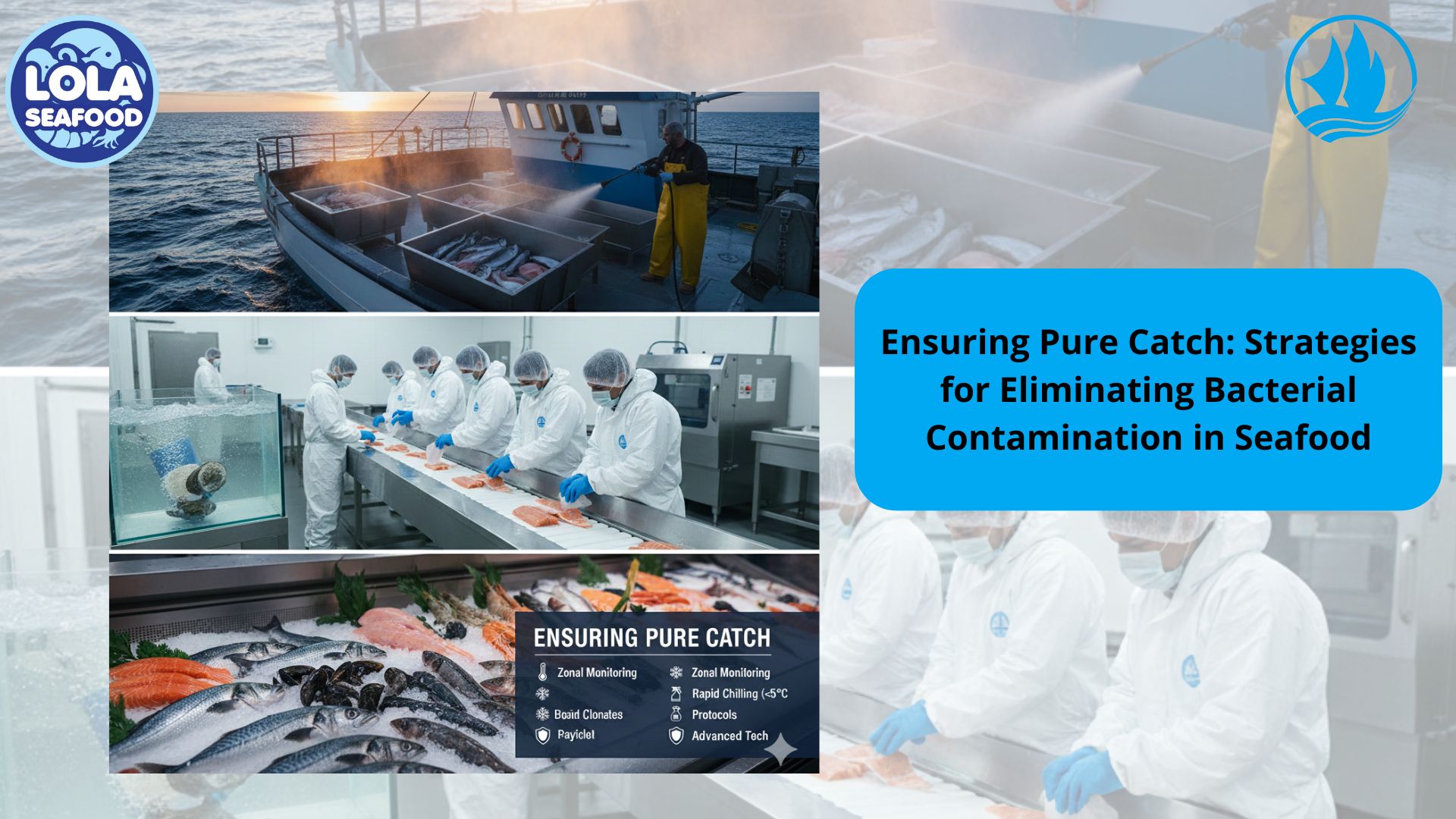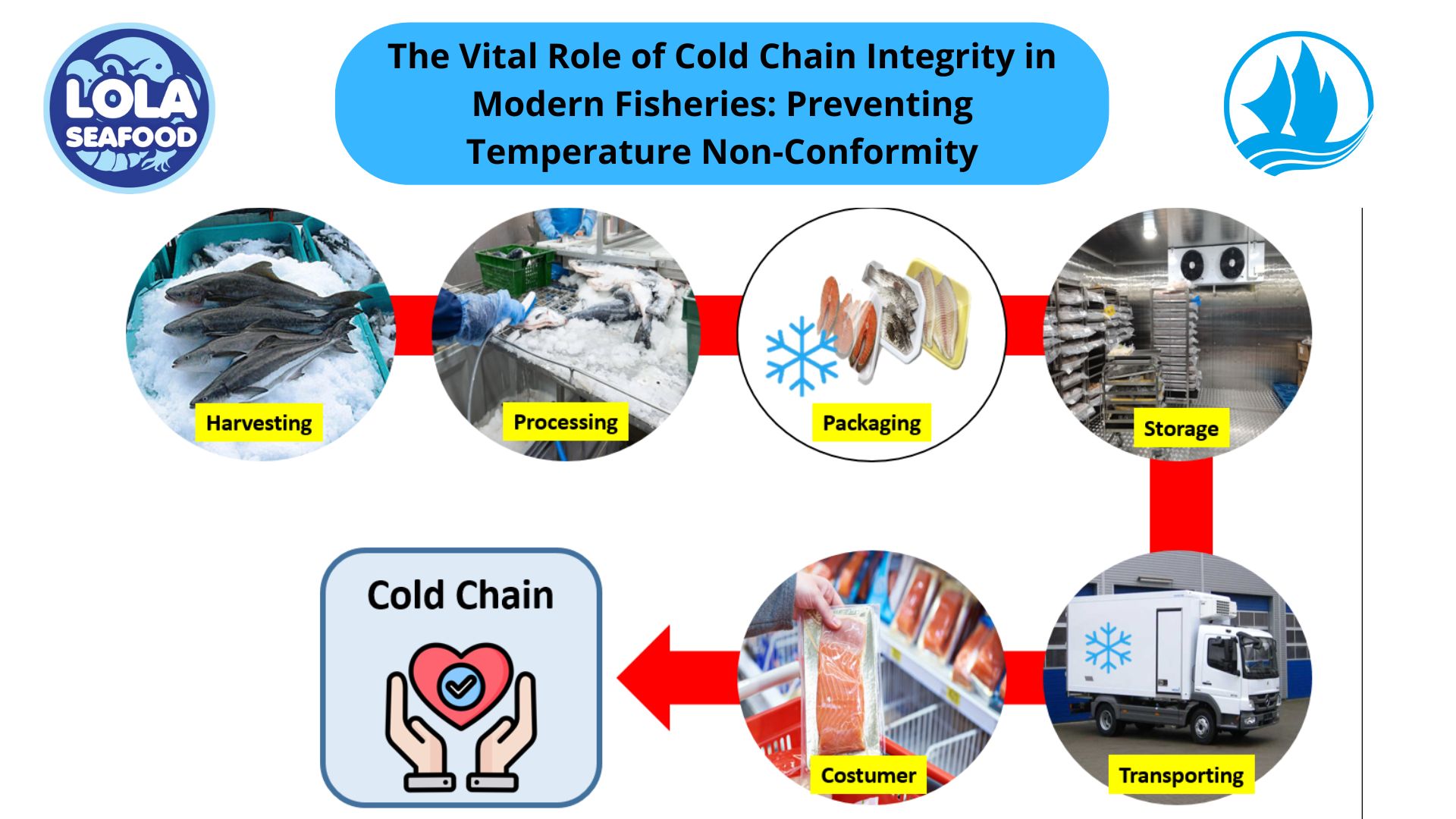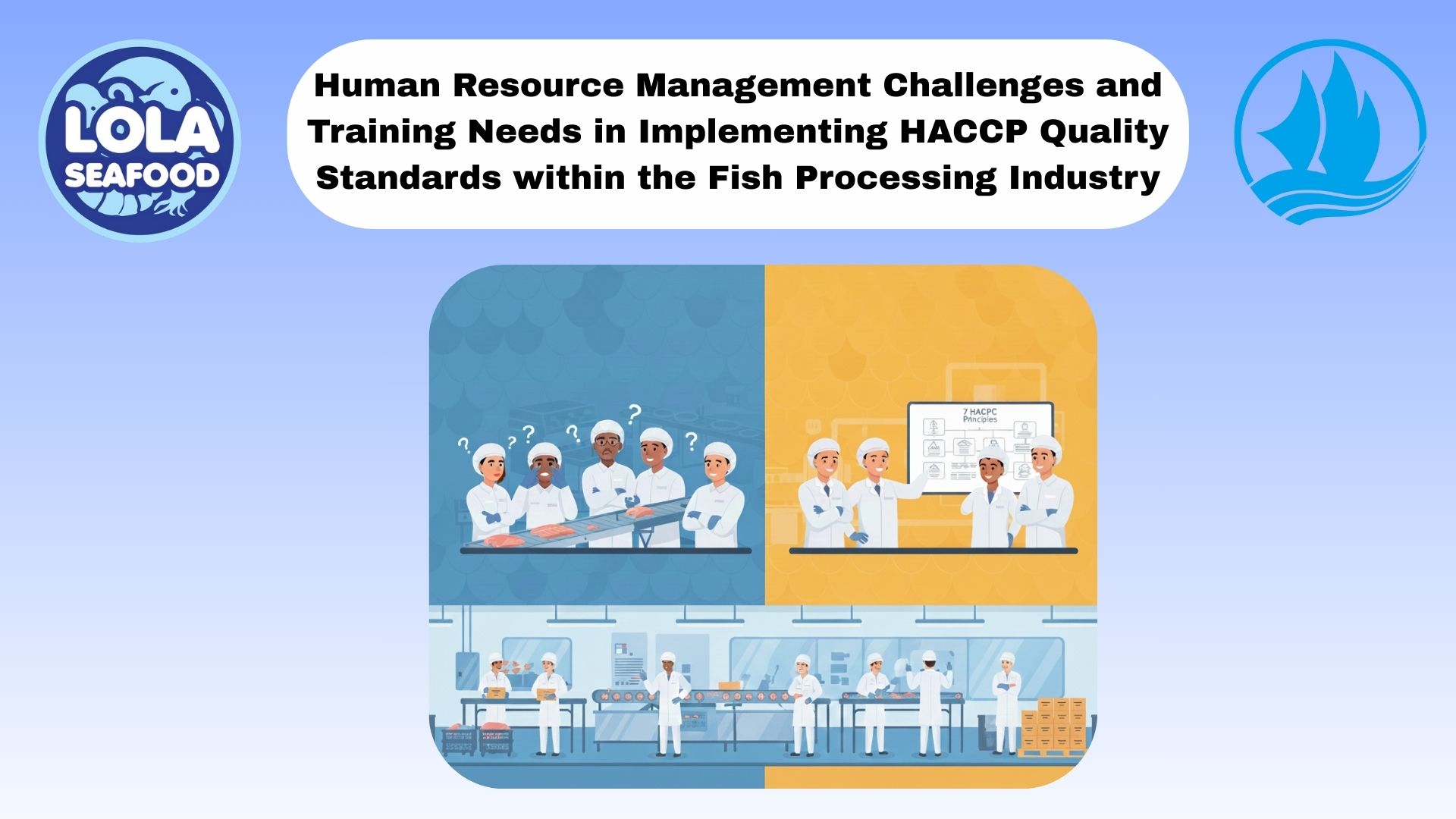Regulations on Marine Fish Exports, Trends, and Challenges
By. Wiwik Rasmini - 06 Feb 2025
kelolalaut.com Marine fish exports are regulated by various policies aimed at ensuring the sustainability of fishery resources and meeting international quality standards. In Indonesia, marine fish export regulations are managed by the Ministry of Marine Affairs and Fisheries (KKP) and other related institutions. Some key regulations include:
- Export Licensing: Exporters must obtain a Fisheries Business License (SIUP) and a Processing Feasibility Certificate (SKP) to ensure products meet food safety standards.
- Certification and Quality Standards: Fishery products must comply with national and international standards such as HACCP (Hazard Analysis and Critical Control Points) and ISO 22000.
- Prohibitions and Restrictions: The government restricts the export of certain fish species classified as rare or protected, such as Napoleon Wrasse and certain types of sharks.
- Documentation and Traceability: Exporters must provide documents such as a Fish Health Certificate and traceability documentation to ensure the exported fish come from legal and sustainable fisheries.
Trends in Marine Fish Exports
Marine fish exports have undergone significant changes in response to global demand and technological advancements. Some key trends include:
- Increasing Demand in International Markets: Countries such as Japan, the United States, and the European Union are key markets for Indonesian marine fish exports, with products like tuna, shrimp, and squid being highly sought after.
- Adoption of Technology in Fisheries: Innovations in cold chain logistics, sustainable aquaculture techniques, and digitalization of logistics enhance the competitiveness of export products.
- Value-Added Products: In addition to fresh fish exports, processed products such as frozen fillets, smoked fish, and ready-to-eat seafood are increasingly popular in international markets.
- Eco-Certification and Sustainable Fisheries: Certifications such as the Marine Stewardship Council (MSC) play a crucial role in improving product competitiveness in global markets.
Challenges in Marine Fish Exports
Despite the vast opportunities in marine fish exports, exporters face several challenges, including:
- Stringent Regulations in Destination Countries: Destination countries impose strict standards regarding quality, food safety, and sustainability aspects.
- Price Fluctuations and Global Demand: Fish prices are affected by factors such as seasonal changes, import policies of destination countries, and market competition.
- Impact of Climate Change: Climate change affects fish stocks in marine waters, which can impact catch yields and supply stability.
- High Logistics Costs: The export process requires an efficient distribution chain with high logistics costs, particularly for fresh product shipments.
- Unsustainable Fishing Practices: Overfishing and illegal, unreported, and unregulated (IUU) fishing remain challenges that need to be addressed to ensure sustainable exports.
If you are interested in our black pomfret whole round, black pomfret portion cut, cobia whole round / whole gilled gutted scaled please do not hesitate to contact us through email and/or whatsapp
.jpg)
The Impact of HACCP-Based Integrated Quality Management Programs on the Quality and Competitiveness of Fresh Demersal Fish Products
 and Employee Productivity on the Demersal Fish Processing Floor.jpg)


.jpg)



